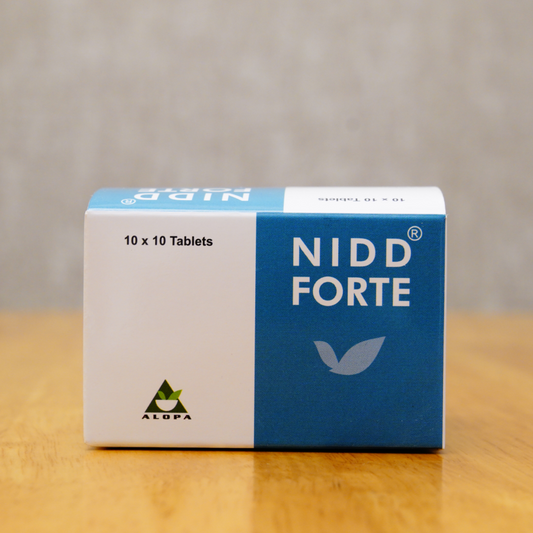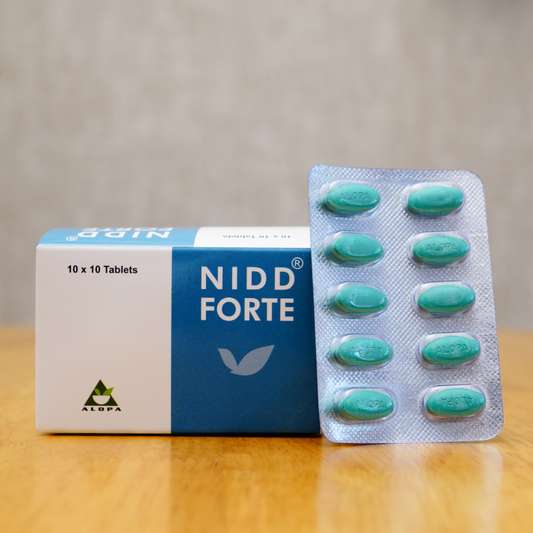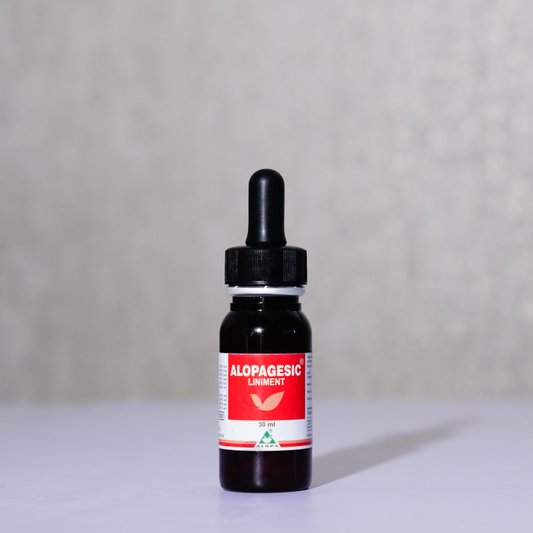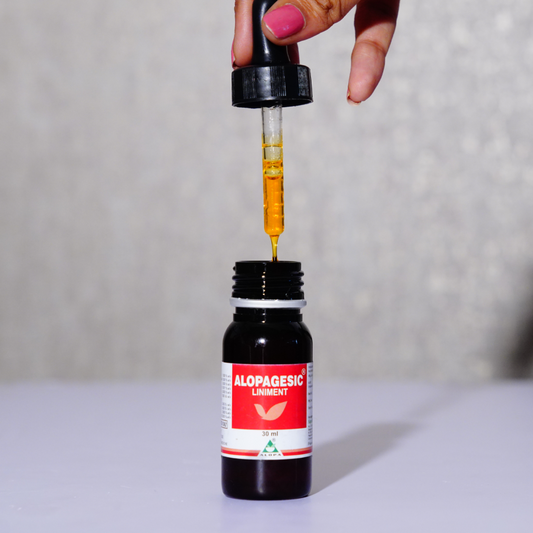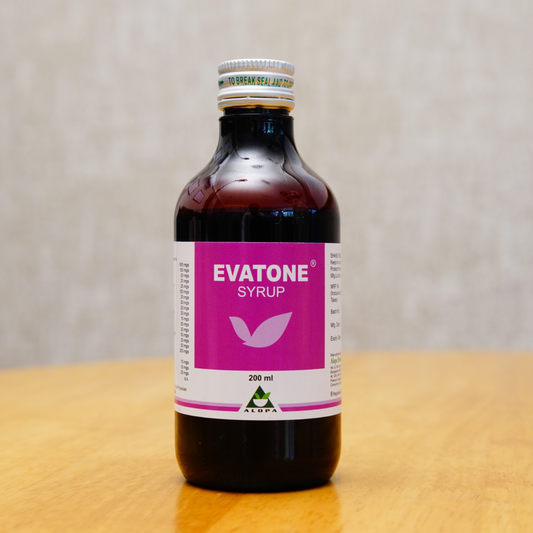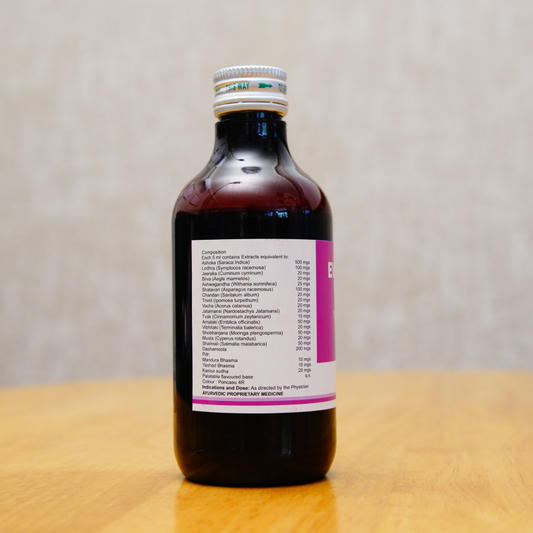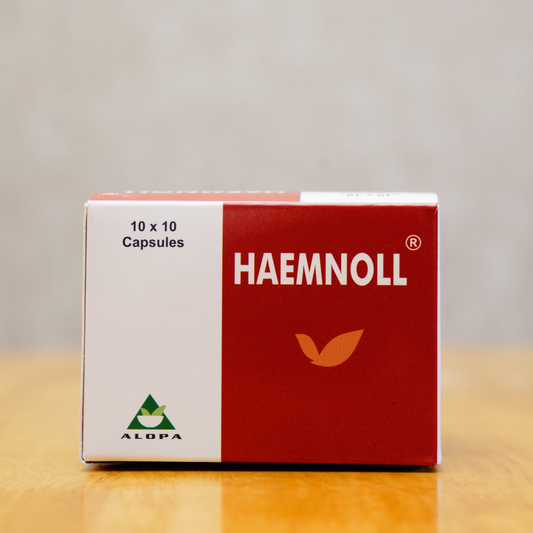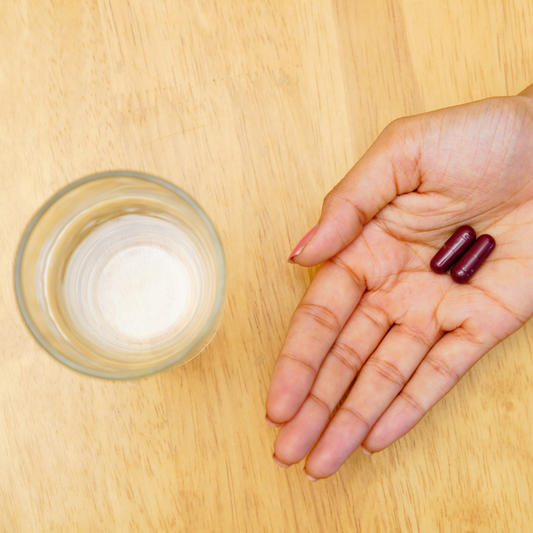
Amaltas (Aragvadha / Cassia fistula / Indian Laburnum)
Amaltas, also called Aragvadha in Ayurveda, comes from the fruit pulp of the Cassia fistula tree, a golden-flowering tree widely found in the plains and dry forests of Central and South India. The name Aragvadha means “disease killer,” showing its long-held importance in Ayurvedic practice. This tree is also considered sacred in many parts of India and is often planted near temples for its beauty and healing value.
The sweet pulp inside the long seed pods is best known as a gentle, natural laxative. It helps relieve constipation, cools the body, and supports smooth digestion. In Ayurveda, it is also described as having “pitta-shamaka” (heat-reducing) properties, which makes it useful in conditions like burning urine, fever, and excess body heat. Amaltas is further valued for purifying the blood and is sometimes prescribed in skin diseases like boils, rashes, or itching.
Amaltas is safe when taken in small, proper doses. Overuse can cause loose stools, abdominal cramps, or dehydration, since its cleansing action can become too strong. It is generally given as a pulp, decoction, or in classical formulations such as Trivrit Lehya. Children, pregnant women, and people with long-term digestive troubles should only use it under the guidance of a qualified Ayurvedic doctor. Those who are already taking laxatives or diuretics should also be cautious to avoid excessive fluid loss.

